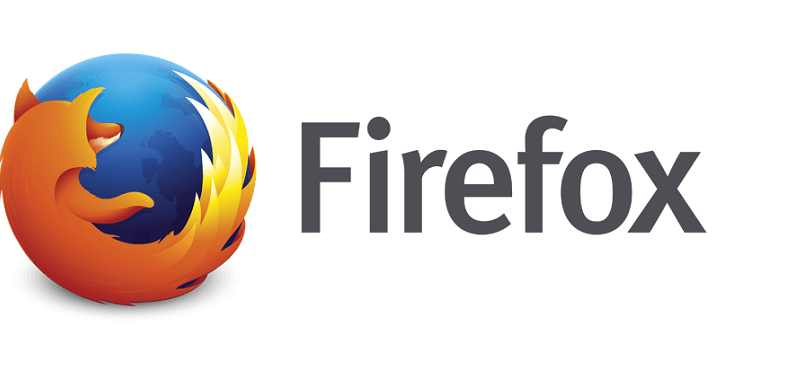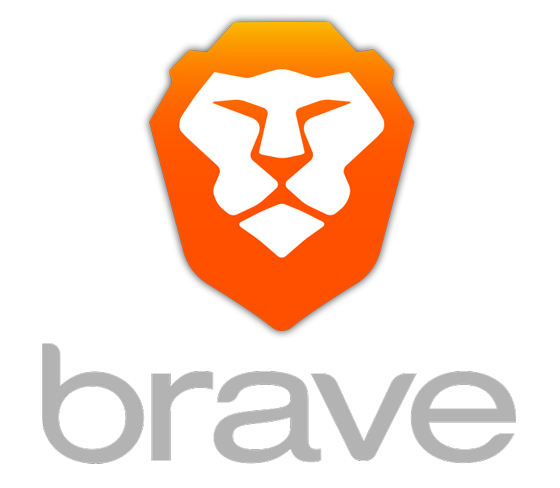The Most Secure Browsers of 2018
There are many things to consider when labeling a browser as secure, such as whether it prevents you from entering a malicious site, blocks automatic malware downloads, is easily exploitable, etc. But how much it respects users’ privacy should also be high on the list. If you are using a browser with top features for protecting you from malicious threats but the browser does not respect your privacy, you are not using a secure browser. Many people have no idea, or just choose to not think about it, that browsers can collect a tremendous amount of information about them, which then lands in the hands of big corporations who trade that information left and right. All legally, of course.

While the reality is that you probably cannot escape data collection completely, you can still try your best to avoid it as much as possible. Do your research, find out if the browser of your choice considers your privacy top priority, whether it can prevent ads from tracking you and does it offer the ‘Do Not Track’ option.
One of the first things you should look into is whether the browser is open source, as opposed to closed source. An open source software is essentially when its code is made public for analyzing. Specialists from the general public can access the code and check if for vulnerabilities and other security issues. If the code is closed source, only the authors/companies can access it. It understandable that many software creators prefer to keep the codes secret because then, no one can steal them and use them to their own benefit. However, that also means that the general public will not know whether the code has something malicious in it. They just have to trust the companies/authors that they do not. People who value their privacy prefer open source because that means that the author has not hidden some secret code that would be used against them.
Updates are important in all software. If you choose a browser, or software in general, that has been abandoned by the developers or is seldom updated, it would not be your wisest decision. Vulnerabilities are regularly identified and patched. If that is not done, you are using a program full of flaws that others could take advantage of to harm you.
Built-in security features are also important. Does the browser block downloads from occurring automatically, warn you about possibly malicious websites, and does it offer the ‘Do Not Track’ option?
This research thing is all good in theory, but who really has the time to look into all that. So to help you, we have compiled a list of browsers that are not only secure but also protect your privacy.
Mozilla Firefox
Initially released in 2002, Firefox has become one of the most popular browsers, which is a major feat seeing as it does not come preinstalled on devices. Windows has Internet Explorer and Microsoft Edge, while Apple has Safari, and many people do not venture outside that and stick to preinstalled browsers. It currently is available Windows, macOS, Linux and Android. While technically, it is available for iOS as well, Apple forces many restrictions on it. It also has regular updates, constantly fixing various flaws. Additionally, Mozilla has a bug bounty program that offers rewards up to $10,000+ for critical vulnerabilities in Firefox.

We mentioned that when it comes to privacy, it is better to have an open source browser, and Firefox is the only mainstream one that has its code public, which has been checked by security specialists.
It offers all the regular security features, such as unauthorized download prevention and malicious website blocking. Firefox Quantum also has built-in Tracking Protection that blocks the collection of your browsing data in order to build a profile about you. If you turn the feature on, websites will not be able to keep track of your browsing and show you content (basically ads) based on the profile they have on you. You control this feature and can turn it off if you wish. You can also choose to only use it when browsing in private mode.
Firefox supports plenty of add-ons that would help you secure your privacy. While it does respect your privacy more then other browsers, you would need those add-ons to make it truly private. You would also need to change certain privacy settings but that is not difficult to do.
Firefox pros
- Open source and checked.
- Supports plenty of privacy add-ons.
- In-built tracking protection.
- Regular updates.
- Allows to customize privacy settings.
- Firefox Quantum performs better in terms of speed than other browsers.
Firefox cons
- Needs various privacy add-ons to be truly private.
Tor browser
The Tor browser was essentially designed to let you use Tor, the anonymity network. It is open source and based on the Firefox browser, available for Windows, macOS, and Linux. It is considered to be one of the best privacy browsers. However, in the sense of protecting you against malware, it is not the best choice. It lacks anti-malware technology, which means if you are not careful, you could end up with malware more easily than by using other browsers. However, as long as you are familiar with how to be safe, you should be fine. It is also regularly updated to make sure known flaws are always patched.

It grants you complete anonymity when browsing the Internet, and Private Browsing is on by default. Your browsing history, passwords, cookies, cache, etc., is deleted after every session. Tracking Protection also prevents websites from snooping on you. It also uses HTTPS Everywhere which encrypts communications with websites.
The Tor browser is preferred by many people who need complete anonymity, but regular users might not benefit from it all that much. Tor browser has technology like Flash and Java disabled, which means web usability suffers. It is also rather slow so if you are used to Firefox Quantum, Tor browser may get on your nerves. But if complete privacy is what you are looking for, Tor browser would be the best choice.
Tor browser pros
- Open source.
- Regular updates.
- Complete anonymity, private Browsing always on by default.
Tor browser cons
- Flash, Java are disabled by default, which might hinder browsing.
- Weak protection against malware.
- Much slower than other browsers, thus not really suitable for daily browsing.
Brave browser
Brave is an opened source web browser, based on Chromium, and developed by the co-founder of Mozilla Project. It is available for Windows, macOS and Linux. It is a relatively new browser that focuses on security and privacy without sacrificing usability. It has a built-in add-blocker, which is turned on by default. Not only will you not be bothered by annoying advertisements, but they will also not be able to track your activities. It uses HTTPS Everywhere, which encrypts all communication to websites. Tracking Protection also stops websites from making a profile about you based on your Internet activity.

It is based on the Chromium engine, which is behind Google Chrome, and some may consider that a downside. If what you are looking for in a browser is complete privacy, a Google product may be a questionable choice.
Brave browser pros
- Focuses on security without sacrificing the usability.
- Fast.
- Open source.
- In-built ad-blocker.
- HTTPS Everywhere, phishing and malware protection, script blocking, tracking protection.
Brave browser cons
- Relatively new, thus may be lacking in some areas.
- Based on Chromium, which is not necessarily a bad thing but if you are trying to run away from Google, not the best choice.
Epic privacy browser
Epic is a closed source browser based on Chromium. It aims to maximize your privacy by operating as private browser at all times. It is available for Windows 7 and later, as well as macOS. The browser is essentially like using private mode in order browsers. Cookies and trackers are deleted after each session, and searches are proxied via the company’s servers so your IP address is hidden. It also has an in-built ad-blocker and does not collect information about users. It also disables Google services, thus the tech-giant cannot track you.

The browser may be slightly slower that other browsers, but it should be barely noticeable. It is also a closed source browser based on Chromium, an open sourced project. Just like with the Brave browser, if you are trying to run away from Google, this may not be the best choice. The majority of add-ons will also not be allowed on Epic browser, though you should be able to add a couple of them.
Epic browser pros
- Maximizes your privacy by operating in private mode at all times.
- Blocks Google tracking and does not collect information about users.
- Hides IP address.
- In-built ad-blocker.
Epic Browser cons
- Closed source.
- Based on Chromium, which is not necessarily a bad thing but if you’re trying to run away from Google, not the best choice.
- Not many add-ons available.
There are so many browsers to choose from, and if you want to pick the right one, you have to figure out what you prioritize. Google Chrome is perhaps the most secure browser out there, with various protection against malware, phishing etc. However, when it comes to privacy, it is not the best choice, seeing as it belongs to Google, which aims to know everything there is to know about you. If you are worried about privacy, we suggest you pick one of the above mentioned browsers, or look into alternatives yourself.
Site Disclaimer
WiperSoft.com is not sponsored, affiliated, linked to or owned by malware developers or distributors that are referred to in this article. The article does NOT endorse or promote malicious programs. The intention behind it is to present useful information that will help users to detect and eliminate malware from their computer by using WiperSoft and/or the manual removal guide.
The article should only be used for educational purposes. If you follow the instructions provided in the article, you agree to be bound by this disclaimer. We do not guarantee that the article will aid you in completely removing the malware from your PC. Malicious programs are constantly developing, which is why it is not always easy or possible to clean the computer by using only the manual removal guide.
